New Scientist covers the latest developments in science and technology that will impact your world. New Scientist employs and commissions the best writers in their fields from all over the world. Our editorial team provide cutting-edge news, award-winning features and reports, written in concise and clear language that puts discoveries and advances in the context of everyday life today and in the future.
Elsewhere on New Scientist
AI’s power grab • How do we balance the rise of energy-hungry AI with the push to decarbonise?
New Scientist International Edition
Drones race in the half-light
Are spies sabotaging encryption? • The US National Security Agency has been accused of meddling with cryptography standards to make them less secure, reports Matthew Sparkes
Largest known solar storm struck Earth 14,300 years ago
Placebos may ease pain by acting on brain systems linked to emotions
Sea level rise is already leading to longer commutes
Pickled snake is new species – but it may already be extinct
Analysis Artificial intelligence • Should we worry about AI’s energy use? The growing use of power-hungy artificial intelligence could end up consuming as much energy as whole countries, says Matthew Sparkes
JWST should soon glimpse the very first stars born after the big bang
Autonomous robots could make farms more biodiverse
Psychedelics hype may lead people to self-medicate
Drying rivers threaten London’s water supply
Amazon successfully launches its prototype Kuiper satellites
The growing carbon footprint of satellite internet
A genetic basis for vegetarianism? • Some variants of certain genes may affect people’s ability to tolerate a diet without animal fat
Hybrid puffins may have emerged due to global warming
Egg tests may stop chick slaughter • Billions of unwanted male chicks are killed each year straight after hatching, but techniques to sex embryos inside eggs could end this practice, finds Alice Klein
Humans survived on Spanish plateau during Earth’s last cold snap
Fractal fingers could let robots securely grasp any shape
The global power sector has almost hit peak emissions
Hip pain linked to a dozen genetic variants
Classical music can synchronise hearts
Highest-energy light seen from a pulsar
We finally know how cats make deep purring sounds
Really brief
Fancy some mammoth? • The lab-grown meat industry needs to perfect and normalise the staples before jumping to exotic alternatives, argues Brian Kateman
Field notes from space-time • How the balloon analogy is almost perfect If space-time is expanding, then why does gravity seem to pull things together? Physics can be weird, says Chanda Prescod-Weinstein
Out of this world
Heroes in a half shell • Turtles have existed for around 250 million years. These ancient, unhurried reptiles have much to teach us about the nature of time, discovers Elle Hunt
Under the influence • In a vital read, a journalist goes behind the scenes of the creator economy to trace its meteoric rise, says Chris Stokel-Walker
New Scientist recommends
The books column • Doubleplusgood The sequel to Nineteen Eighty-Four, told from the perspective of the woman at the original’s heart, is brilliant but devastating – not least because it reminds us how relevant George Orwell’s dystopia still is, says Sally Adee
Your letters
Finding the multiverse • Our cosmos may bear scars of collisions with other universes. We are finally poised to test this idea by observing exotic quantum matter in the lab, says Miriam Frankel
What are the odds?
Small but mighty? • Microgreens are trendy and fun to grow, but do they...
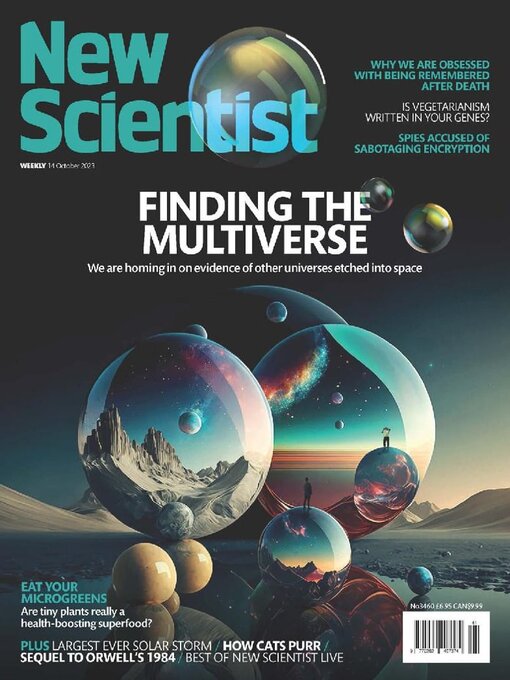
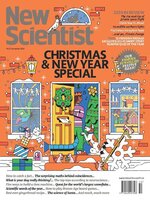 Dec 14 2024
Dec 14 2024
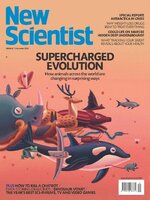 Dec 07 2024
Dec 07 2024
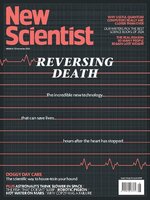 Nov 30 2024
Nov 30 2024
 Nov 23 2024
Nov 23 2024
 Nov 16 2024
Nov 16 2024
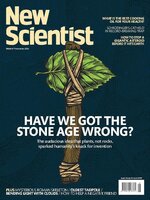 Nov 09 2024
Nov 09 2024
 Nov 02 2024
Nov 02 2024
 Oct 26 2024
Oct 26 2024
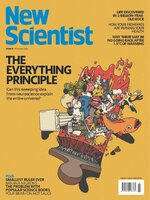 Oct 19 2024
Oct 19 2024
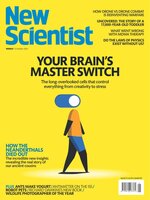 Oct 12 2024
Oct 12 2024
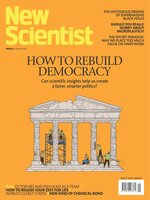 Oct 05 2024
Oct 05 2024
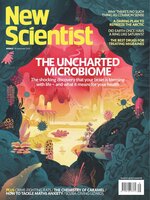 Sep 28 2024
Sep 28 2024
 Sep 21 2024
Sep 21 2024
 Sep 14 2024
Sep 14 2024
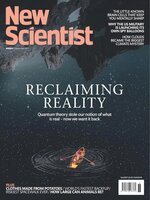 Sep 07 2024
Sep 07 2024
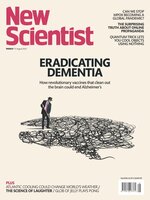 Aug 31 2024
Aug 31 2024
 Aug 24 2024
Aug 24 2024
 Aug 17 2024
Aug 17 2024
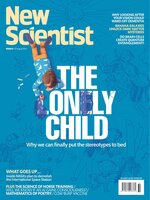 Aug 10 2024
Aug 10 2024
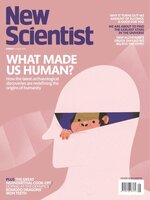 Aug 03 2024
Aug 03 2024
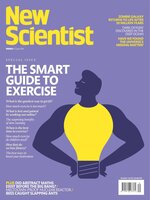 Jul 27 2024
Jul 27 2024
 Jul 20 2024
Jul 20 2024
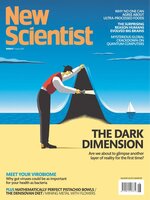 Jul 13 2024
Jul 13 2024
 Jul 06 2024
Jul 06 2024
